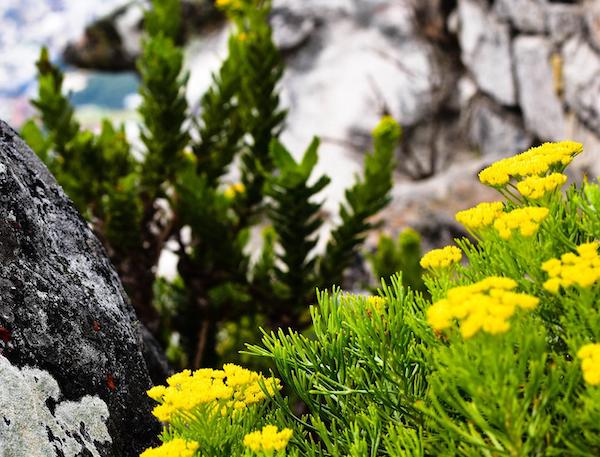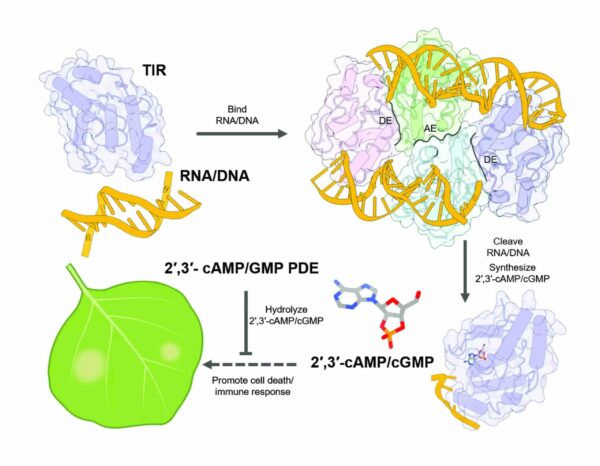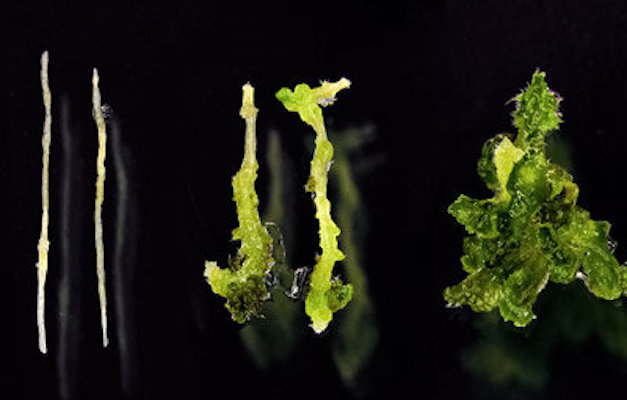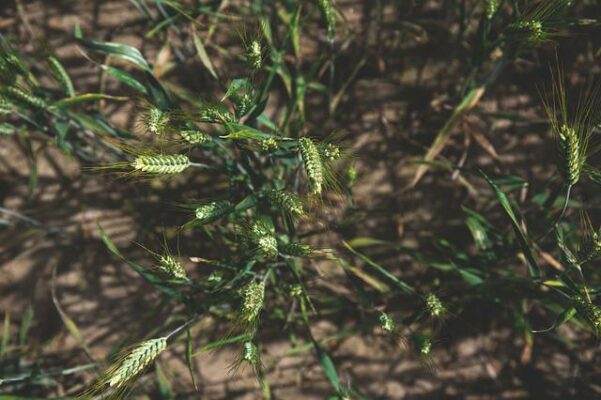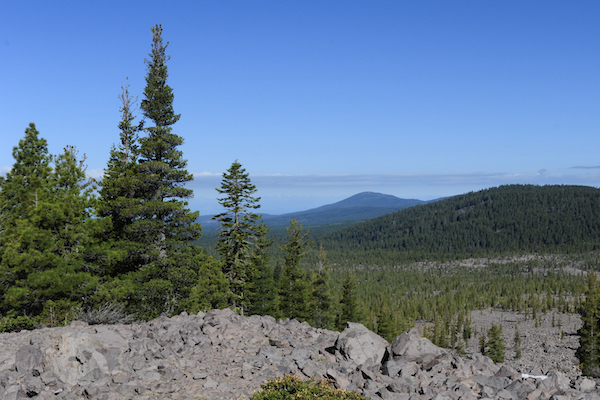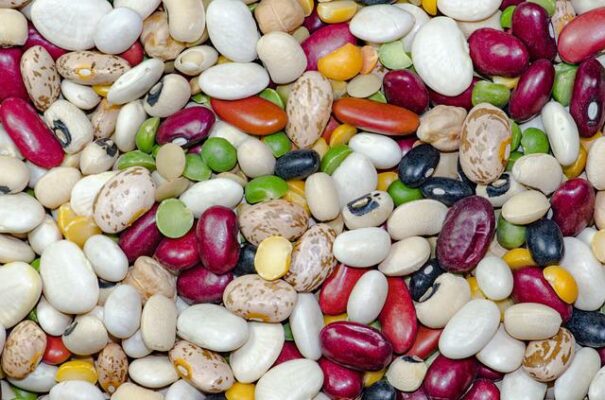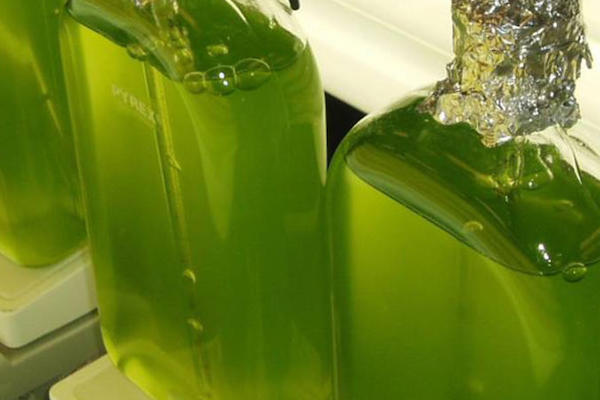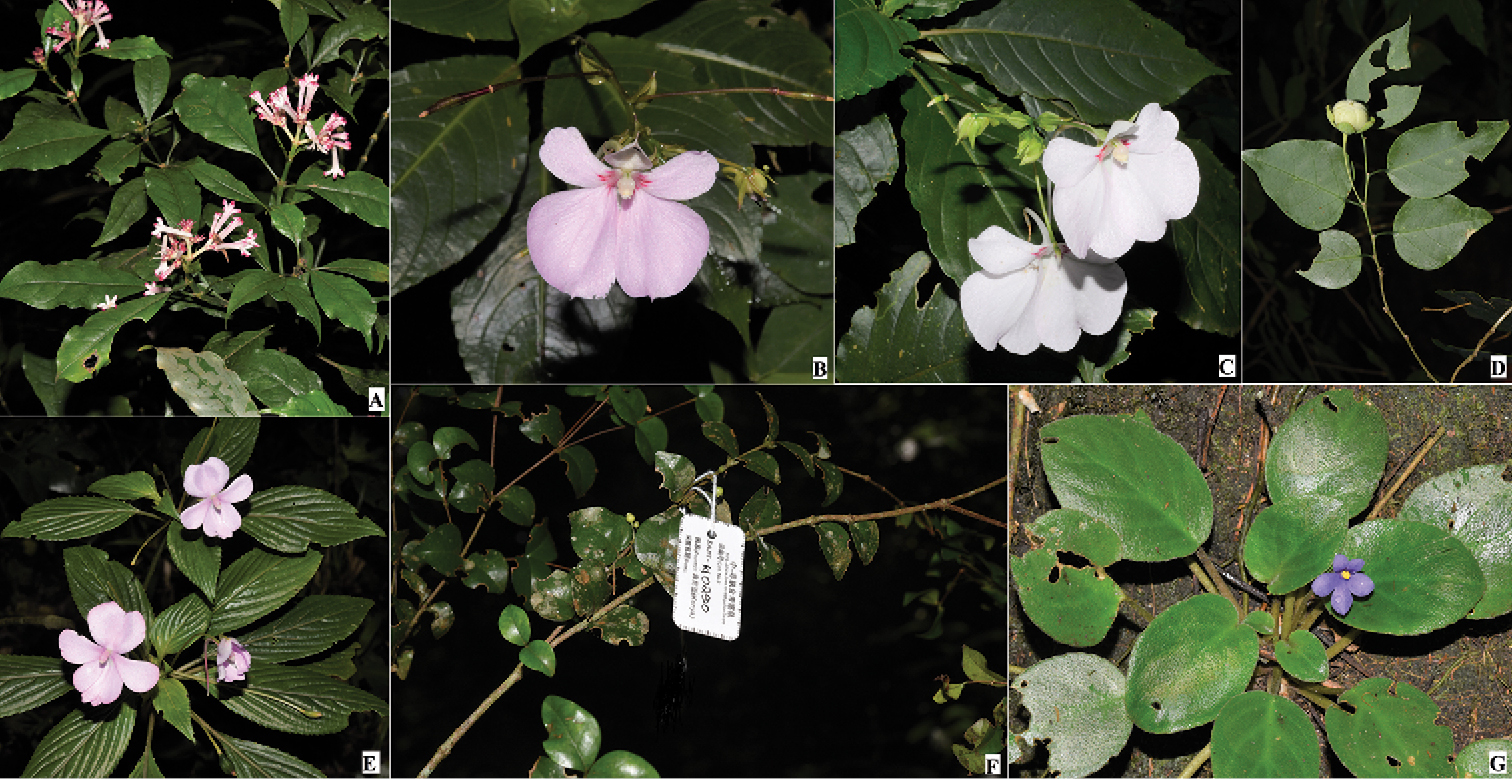
As a part of the global biodiversity hotspots, the Taita Hills forests, located in Taita Taveta County in southeastern Kenya, forms the northernmost tip of the Eastern Arc Mountains. They are highly fragmented forests embedded in a human settlements and farms on the slopes and hilltops, resulting in the loss of 98% of the original forest cover on those mountains. Despite several botanical explorations and extensive floristic studies in these mountainous areas, there is a clear lack of sufficient literature on the flora and vegetation of the area. Through a joint effort, several field expeditions were carried out between 2015 and 2019, with an effort put to expand geographical coverage to areas where plant collections were previously scarce.


